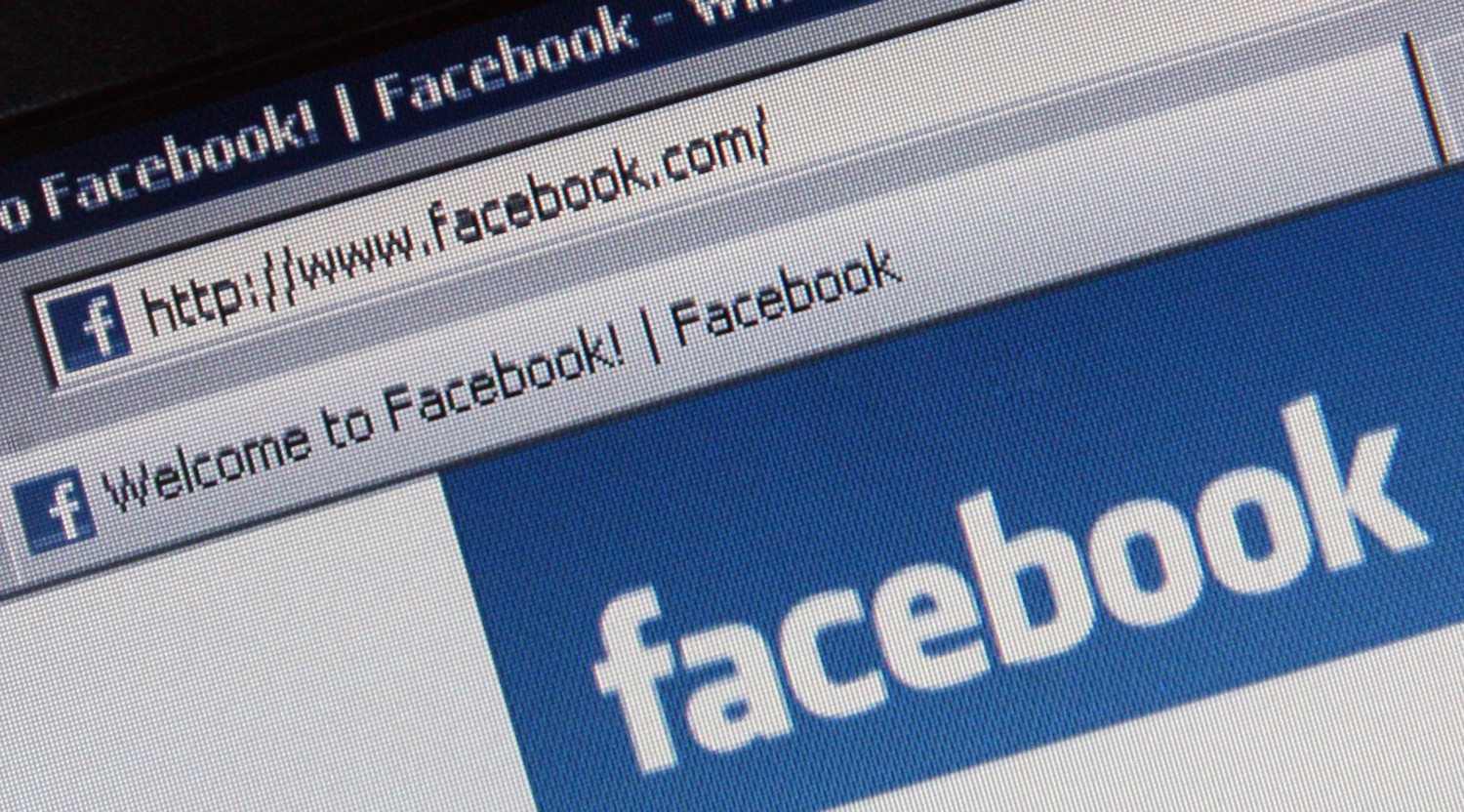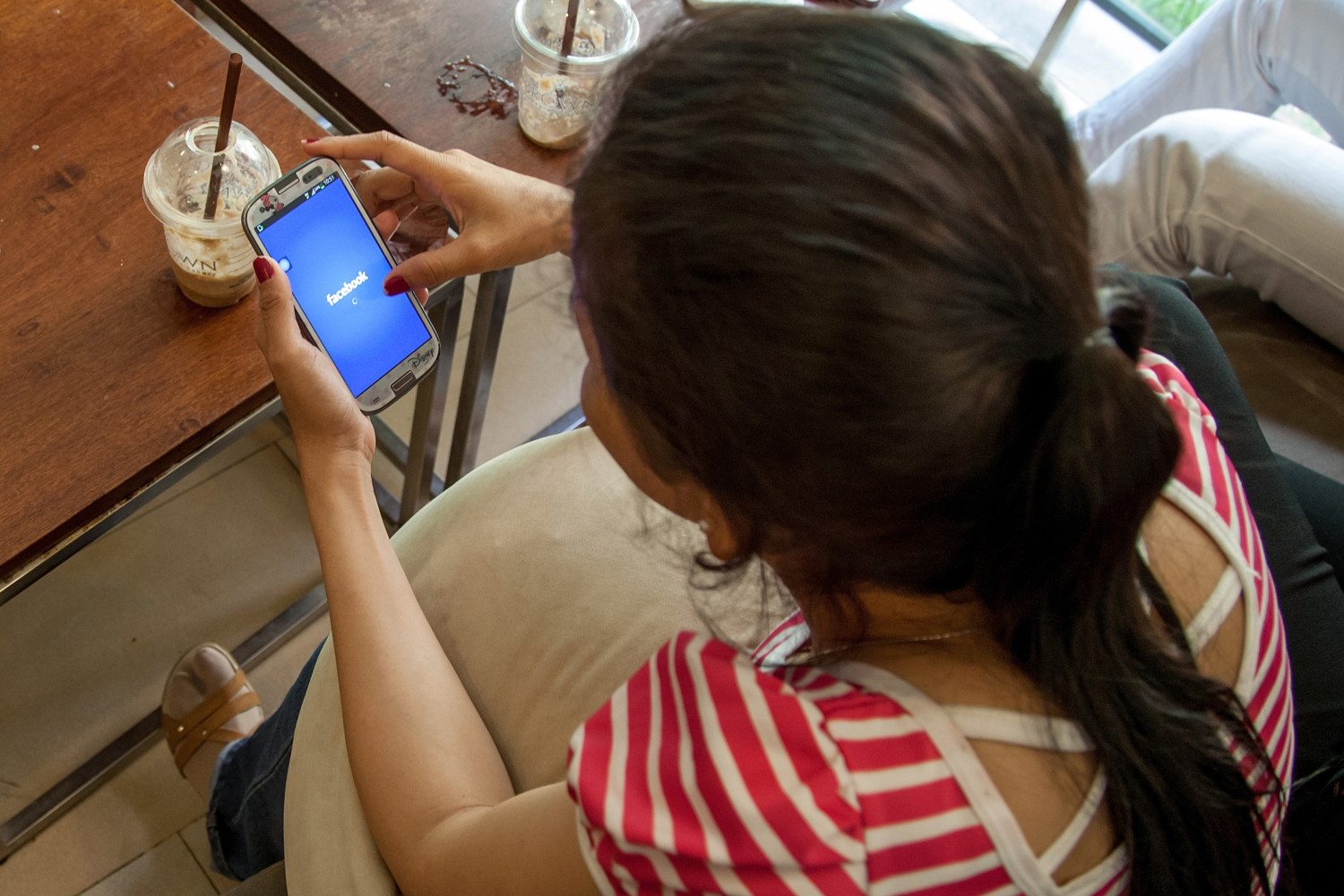Why arguing with people on Facebook is a terrible idea
While there are no hard and fast rules for how you should use social media, most of us can agree that starting arguments with strangers was probably not what Mark Zuckerberg had in mind when he created Facebook. Still, some of us are unquestionably guilty of such behavior, at least when something we see online really gets to us. And we all know people who love to start drama online.
But netiquette experts (you know, the 2017 equivalent of those people who tell you which spoon to use at a fancy dinner) are warning that we should stay away from social media when it comes to delicate topics. Why? Research shows you may respond differently to an opinion you read online than you would if you heard that same person say that opinion out loud.
For the study, published in the journal “Psychological Science,” researchers at University of California, Berkeley and The University of Chicago recruited 300 volunteers to read, watch a video or listen to arguments about topics many people would find controversial. Then, the participants answered questions about the opinions they disagreed with.
What did they find? Well, those who listened to or watched someone speak views they disagreed with were less likely to say that person was “uninformed or heartless.” Those who read the arguments? They were quicker to dismiss the opinions. “These results suggest that the medium through which people communicate may systematically influence the impressions they form of each other,” the study reads. “The tendency to denigrate the minds of the opposition may be tempered by giving them, quite literally, a voice.”
So, why are people so quick to judge others they don’t know? And why are they so much more bold on the internet? Experts say it’s because they can “hide” behind a username or fake profile, meaning there is a perceived anonymity to the internet. It’s much easier to say something hurtful to someone by typing words than it is to their face.
Internet psychologist Graham Jones says that to a certain extent, the same the behavior we see online does happen in the real world, but it’s not as likely. “In the real world people subconsciously monitor the behavior of others around them and adapt their own behavior accordingly…Online we do not have such feedback mechanisms,” he told Wired.com.
But even if it seems innocent, it’s important to remember that there’s someone on the receiving end of the comment. An actual human being—with feelings. And if your internet behavior goes too far or turns threatening, you can be arrested, just as you would be if you threatened someone in person.
So though we argue differently than we did in the past, perhaps we should all just go back to the lessons we learned in childhood, like treating others how we want to be treated and, you know, not saying anything if we don’t have anything nice to say. Or, at the very least, simply thinking before we lash out at someone we’ve never even met.
[h/t: Reader’s Digest]








